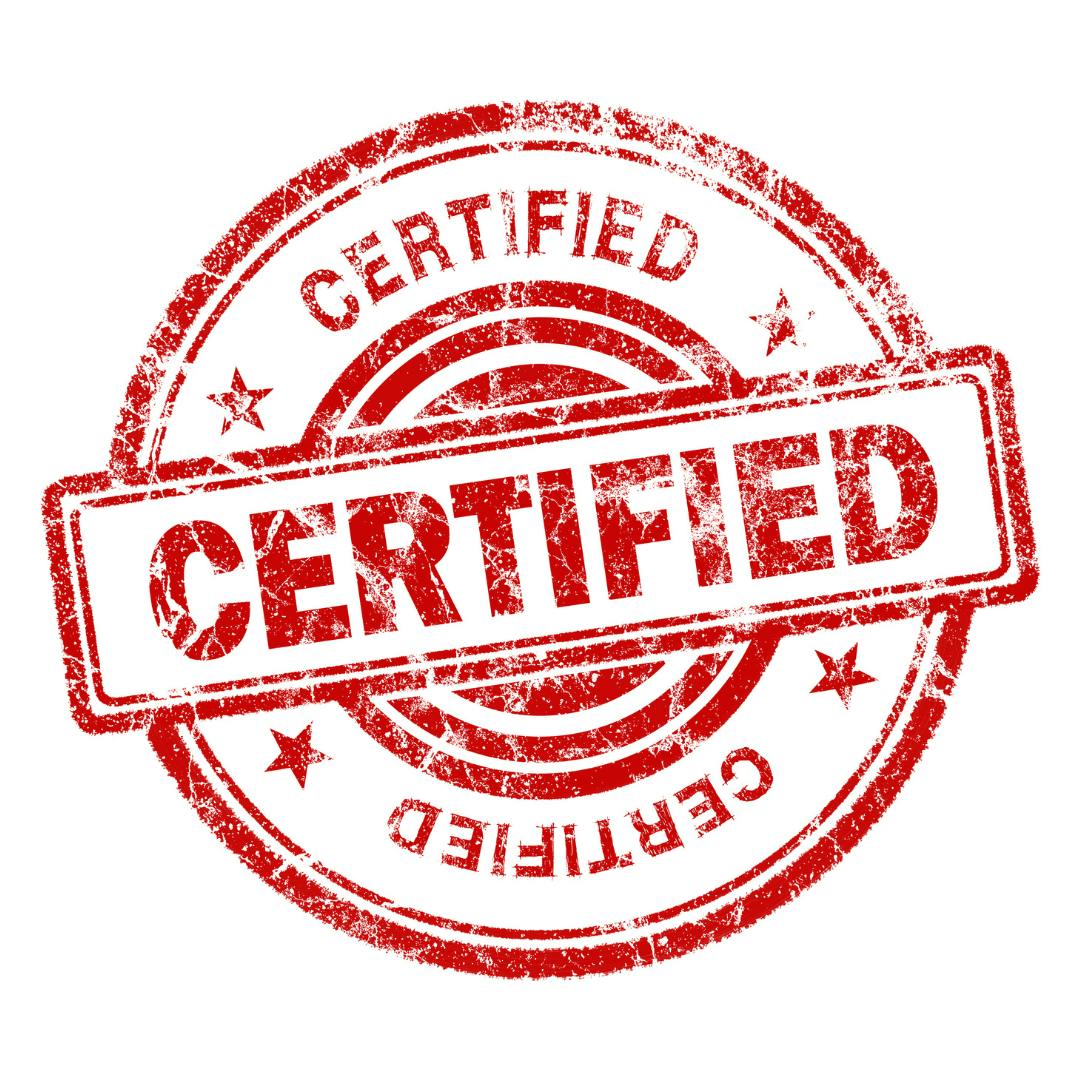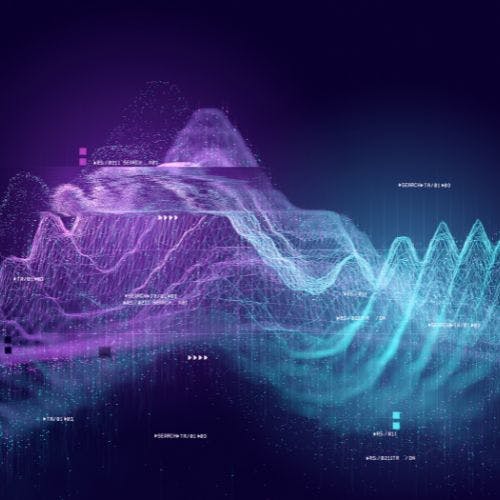You're no stranger to the idea that data is everywhere these days, right? Well, there's a rapidly growing field in the tech industry all about making sense of this data: data analysis. Data analysts are the detectives of the tech world, diving into spreadsheets and databases, unearthing insights, and communicating their findings in a way that's actionable for their team. So, you're probably thinking, "I'd love to dive into this field, but I don't have any experience." No worries! Let's navigate the question, "how to become a data analyst with no experience?"
Understanding the role of a Data Analyst
So, what do these data detectives do exactly? Well, data analysts collect, process, and perform statistical analyses of data. They can interpret data and turn it into information which can offer ways to improve a business. Think of it as being the "eyes and ears" of a company. They look at the details, the patterns, the trends, and come up with strategies to boost efficiency and make informed decisions. A Data Analyst's work can be pivotal in sectors from business to healthcare to tech, shaping our world in countless ways.
Why no experience is not a barrier
I bet you're wondering, "But don't I need experience to get started?" A common question! Yes, experience can be valuable, but it isn't the be-all and end-all. What really counts is your passion for learning and developing the required skills. In today's ever-evolving tech world, a go-getter attitude can be your ticket in!
Essential skills for a Data Analyst
Let's talk about these skills then. What are the tools of the trade?
Firstly, you'll need some technical skills. Ever heard of SQL? It stands for Structured Query Language, and it's used to communicate with and manipulate databases. It's a must-have in your toolbox. Then there are programming languages like Python and R, which are perfect for data manipulation and analysis.
But it's not all about crunching numbers and coding. You also need some standout soft skills. Can you solve problems like a master detective? Can you communicate your findings effectively, translating the technical jargon into something everyone in the room can understand? If so, you're on the right track!
Education and certifications
But what about education and certifications? Do you need a degree?
While it can be beneficial to have a degree in a related field such as statistics, computer science or economics, it's not the only route. There are many online courses and certifications like Google's Data Analytics Certificate or IBM Data Science Professional Certificate that can get you started.
Building a portfolio from scratch
Now, imagine yourself as an artist, except your canvas is data and your colors are your analytical skills. Just as an artist has a portfolio showcasing their best work, you, as a budding data analyst, need a portfolio to display your skills. But how do you build a portfolio when you have no professional experience, you ask?
Well, it's simpler than you think! The world is full of data waiting to be analyzed. You can start by working on personal projects using public datasets available online, analyzing them, and sharing your insights. This can involve anything from predicting house prices based on historical data to analyzing tweets to understand public sentiment about a particular topic. The idea here is to showcase your ability to work with data and extract meaningful insights.
Job hunting tips for aspiring Data Analysts
So, you've built up your skills, got some certifications, and even put together a fantastic portfolio. Now what? It's time for the challenging yet exciting part - the job hunt.
It's always wise to start your search by checking out job boards and company websites. But don't underestimate the power of networking! Connect with professionals in the field, engage in relevant communities online, and attend industry events, if possible. Remember, your next opportunity could come from a conversation, a shared interest, or a mutual connection.
Another useful tip is to tailor your resume for each application. Highlight the skills and experiences that align with the job description. Yes, it takes more time, but trust me, it can significantly improve your chances.
Conclusion
Embarking on a journey to become a data analyst with no experience might seem daunting at first. But remember, everyone starts somewhere. With the right mindset, eagerness to learn, and a dash of determination, you too can break into this exciting field. So, are you ready to take that first step towards becoming a data analyst?
Remember, the question isn't just "how to become a data analyst with no experience?" but rather "are you ready to embark on this thrilling journey?". Because, in the world of data, every step, every insight, every discovery is a leap towards shaping a data-driven future. How's that for a challenge to accept?











